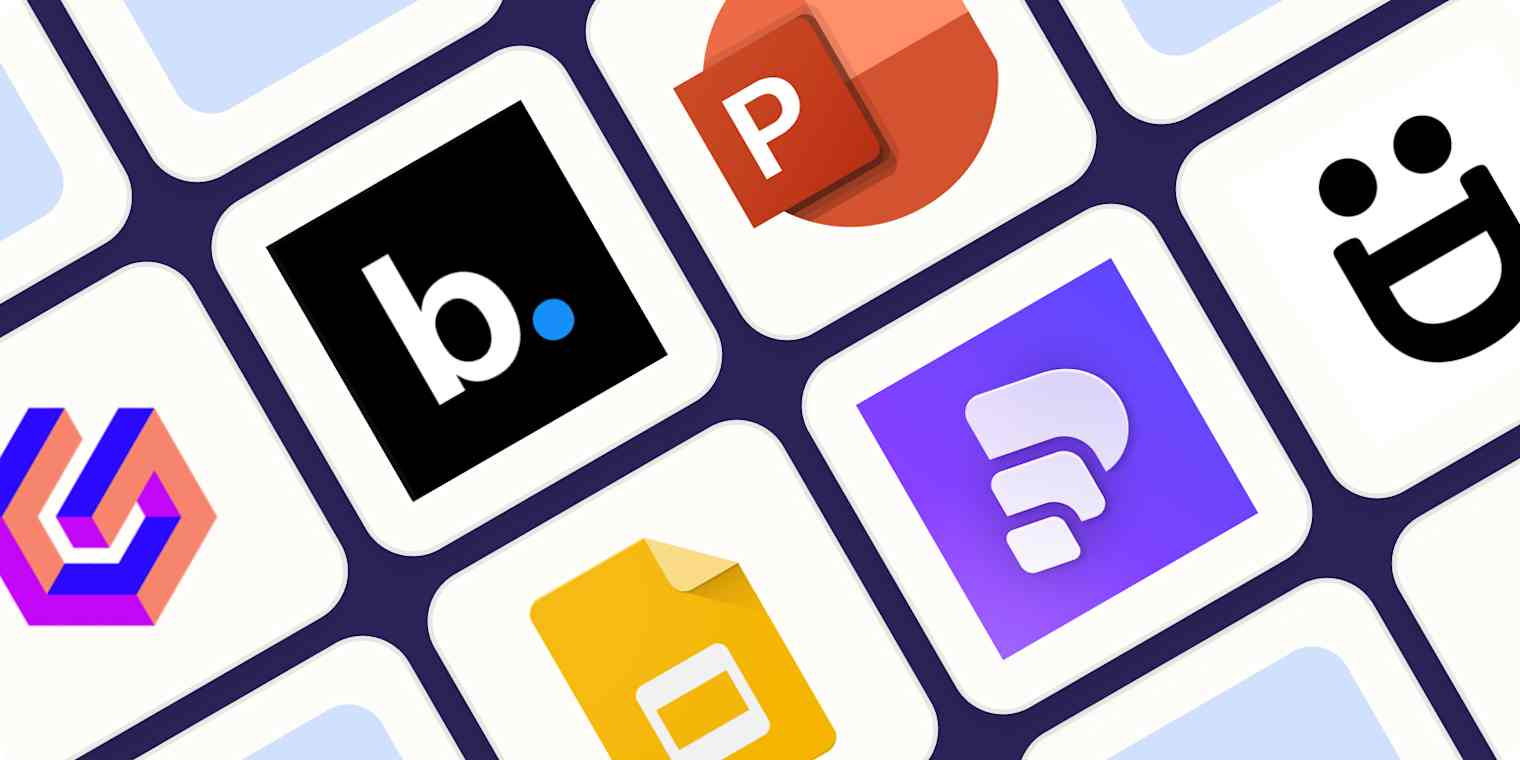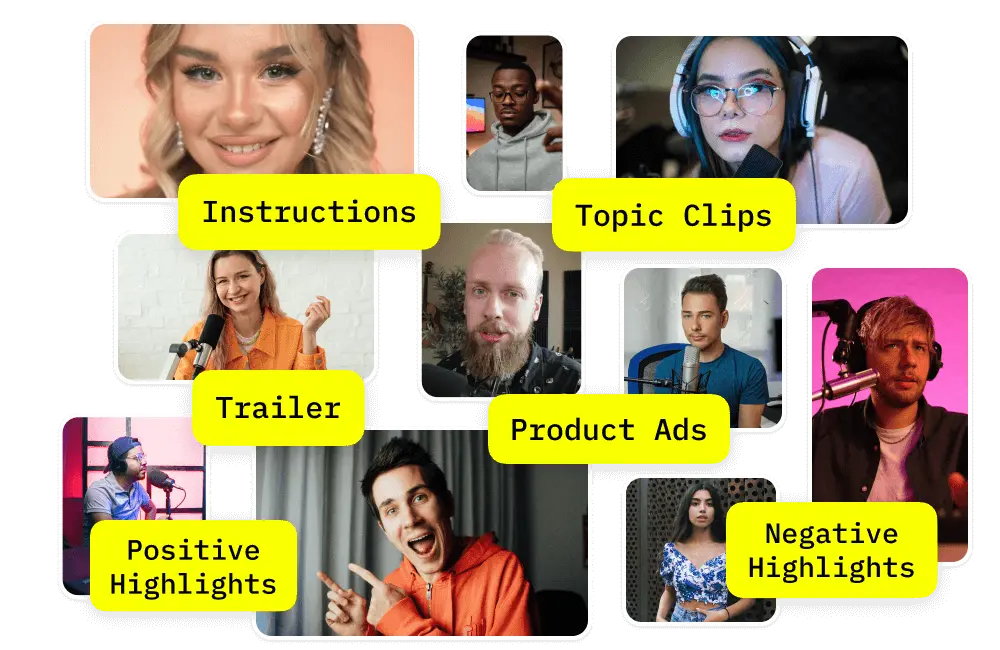Real Skills for Real Life: Workplace Civility Skills
At GSLA, we believe learning isn't just about books—it's about becoming the kind of person who brings peace, respect, and purpose into everyday life. That includes developing strong workplace civility skills—skills that help you stay calm, show respect, and handle conflict without damaging relationships.
🚫 Why Do Workplace Civility Skills Matter?
But when civility is not important, from top to bottom, the culture becomes toxic. People start showing up just to survive. Mistakes get put on display, bad decisions go uncorrected, and blowing up or disrespecting others becomes the norm.
- 1 in 4 workers are thinking of quitting their jobs because of rude or disrespectful behavior.
- Incivility makes work stressful and toxic. It can cause anxiety, burnout, and even depression.
- But the good news? Civility can be learned, practiced, and spread.
What are your options in a place like that?
You can:
- Protect your peace by learning how to respond, not react.
- Speak up kindly but firmly when needed.
- Set the tone through your own respectful behavior.
- Know when to walk away and find a healthier space.
🛡️ What Happens When Civility Is Missing?

When people stop caring how they treat each other at work, the damage spreads quickly. Gossip replaces honesty. Shouting replaces listening. People come to work anxious, guarded, and just trying to make it through the day.
You might start hearing things like:
- “That’s just how it is around here.”
- “Don’t bother speaking up—they won’t listen anyway.”
- “Why try? Nobody appreciates it.”
This kind of culture steals your energy, your voice, and sometimes even your health.
But here’s the truth: You don’t have to stay stuck in that kind of place. You can be the spark that changes the culture. Or you can prepare yourself to move into a space where dignity and respect are part of everyday life.
🛠️ Let’s Practice Together
Civility takes practice. It’s okay to make mistakes—just keep learning. The more you work on your workplace civility skills, the more you’ll grow in confidence and peace.
We’ll help you build the emotional and social tools you need to:
- Speak truth with love
- Be firm but fair
- Work well with all kinds of people
- Stay true to yourself while respecting others
🧘🏽♂️ Civility and Belonging
At GSLA, we teach that every person deserves dignity. When you treat others well, you help create a workplace where everyone feels they belong.
🌿 “All interactions within our community are respectful, and people are treated with dignity and consideration.” – GSLA Sustainability Statement
💡 What Do Workplace Civility Skills Look Like?

Civility means:
- Listening fully before jumping in
- Staying calm when you're frustrated
- Respecting other people’s opinions, even when you don’t agree
- Speaking up kindly when something’s wrong
- Treating everyone like they matter—because they do
These aren’t just surface-level manners. These are powerful, practical workplace civility skills that turn conflict into collaboration and create healthy team environments.
🧱 Civility Is Built, Not Born
We’re not born knowing how to be civil at work—it’s something we learn over time. That’s why training and coaching help.🌱 Skills You Can Learn:
- How to give and receive feedback the right way
- How to manage stress without exploding
- How to stay respectful in tough situations
- How to talk about problems without making enemies
These practical tools are part of developing your workplace civility skills—one respectful interaction at a time.
🌍 Culture Starts With You
Civility spreads—just like rudeness does. Your actions affect others. That’s why:
🧭 At Chick-fil-A, employees are rated weekly on how respectful they are so issues can be fixed fast.
- Say “good morning”
- Look people in the eye
- Thank someone when they help you
- Give grace when someone’s having a rough day
And remember: Leaders must set the example. A boss who treats everyone with dignity makes it easier for others to do the same.
At GSLA, we don’t just prepare you to get and thrive in a job or as a business owner—we help you become the kind of person who brings light wherever you go.
🧠 The Psychology Behind Workplace Civility Skills

Let’s break it down into simple parts:
1. Emotional Intelligence (EI)
Emotional intelligence includes:
- Not letting your emotions control you
- Not snapping when you're upset
- Understanding what others might be feeling
People with strong emotional intelligence are more likely to stay respectful, even in hard moments.
📘 At Microsoft, workers learn how to ask good questions, give feedback without being rude, and stay steady in tough conversations.
2. Empathy
Empathy is when you try to understand how someone else feels. It helps you respond with kindness, not anger.
🤝 Good leaders lead with empathy—they understand that everyone has challenges and try to support their team while still getting the job done.
3. Growth Mindset
This means believing you can improve with effort. If you mess up or offend someone, you learn, apologize, and do better next time.
🔐 Civility Creates Psychological Safety
When people know they can speak up without being shut down, bullied, or ignored, they feel safe. This leads to:
- Better teamwork
- More honest communication
- New ideas and creative solutions
When workplaces lack civility, people feel scared to speak up, which leads to silence, mistakes, or quitting.
Final Thought
Civility isn’t weakness—it’s strength under control. It’s how we bring our values to life at work. By strengthening your workplace civility skills, you help create a space where respect and trust can thrive. Learn about the National Standard – Civility and Respect